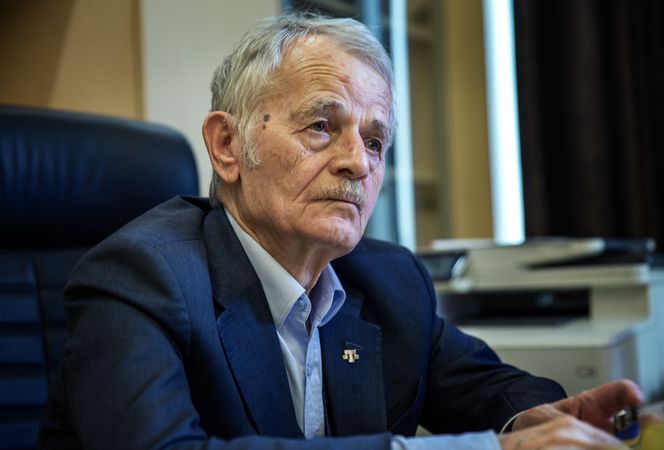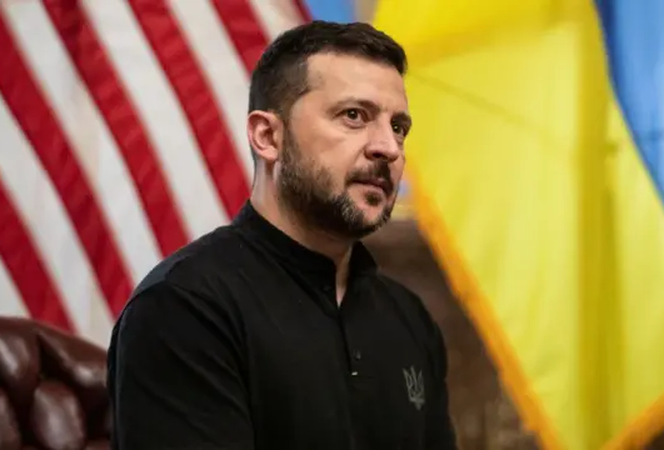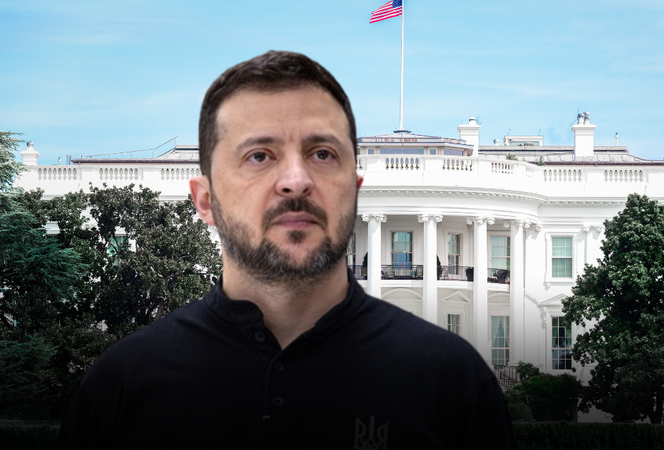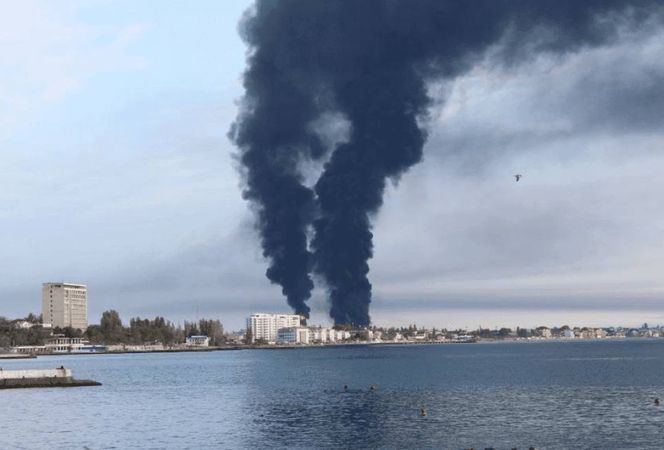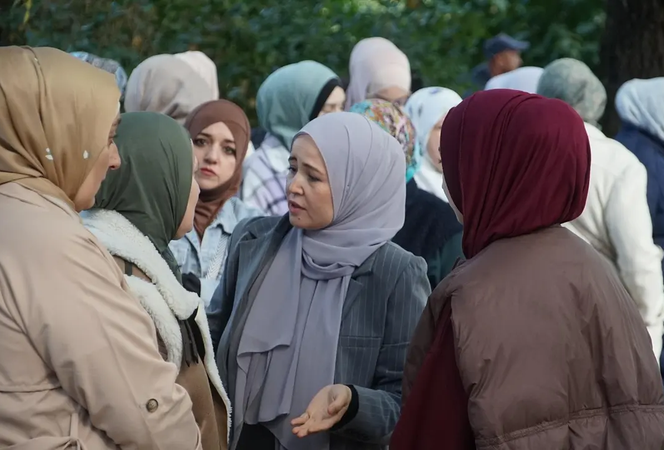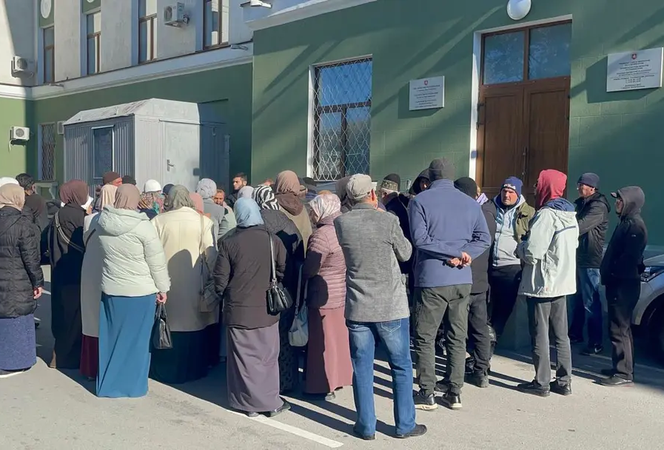HRW: Crimean Tatar Activist llmi Umerov Confined in Psychiatric Hospital
Umerov, 59, is a former head of the Bakhchisaray district administration in Crimea and a former deputy chairman of Mejlis, the Crimean Tatars’ elected representative body, has been involuntarily confined since August 18, 2016, in a psychiatric hospital.
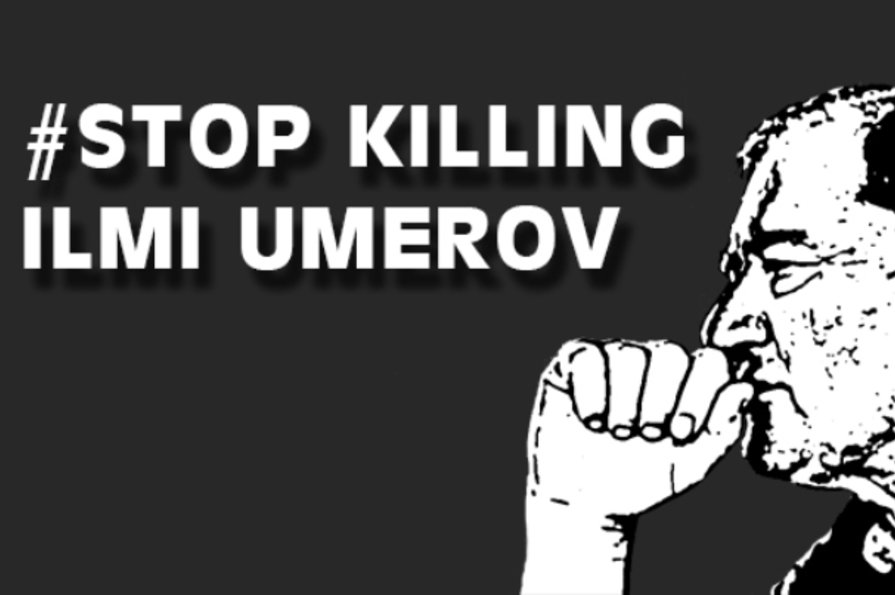
The de-facto Russian authorities of Crimea should release the activist, llmi Umerov, drop criminal separatism charges against him, and ensure that he receives the medical care he requires, Human Rights Watch said on August, 26.
Since Russian forces occupied Crimea in February 2014, Umerov has been an outspoken critic of the occupation and the Russian administration’s persecution of Crimean Tatars, an ethnic minority who openly opposed Russia’s occupation of Crimea, a part of Ukraine. The Supreme Court of Crimea in April 2016 declared Mejlis an extremist organization, and Crimean Tatar activists appealed the decision.
«Umerov’s forced psychiatric confinement is an egregious violation of his rights», said Tanya Cooper, Ukraine researcher at Human Rights Watch. «It’s also a shameful attempt to use psychiatry to silence him and tarnish his reputation, a popular practice against dissidents in the Soviet Union».
Russia’s Federal Security Services (FSB) detained Umerov in May in Bakhchisaray, charged him with separatism under part 2 of Article 280.1 of the Russian criminal code and banned him from leaving Crimea during the investigation.
Mark Feygin, one of Umerov’s lawyers, told Human Rights Watch that on August 18, FSB officers forcibly moved Umerov from a Simferopol hospital, where he was receiving treatment for high blood pressure, to a psychiatric facility in the same city for an involuntary psychiatric evaluation, which can last up to 28 days or even longer.
Feygin said the charges stem from a March 2016 live interview with the Crimean Tatar TV channel ATR, which was posted on YouTube the next day. Russian authorities shut down the station in April 2015, and it relocated to Kiev.
Feygin said that based on a so-called expert linguistic analysis of the Russian translation of Umerov’s Crimean Tatar language interview, the FSB concluded that Umerov had threatened Russia’s territorial integrity by making calls to get Crimea back from Russia.
«It’s important to make Russia leave Crimea, Donbass and Luhansk, if it was only possible to restore Ukraine’s former borders…» the transcript says. In July, Umerov went to court to try to halt the criminal investigation, but the court said it could continue.
On August 11, while the Simferopol court considered a petition from an FSB investigator to order the psychiatric evaluation, Umerov became unwell due to a pre-existing high blood pressure condition and was hospitalized. The court approved the psychiatric evaluation and Umerov’s lawyers immediately appealed. But on August 18, Umerov was transferred to the psychiatric facility before an appeals court could hear the appeal, in breach of procedural law.
Umerov’s daughter, Ayshe Umerova, said she was not allowed to see her father the day he was moved. Umerov was also initially banned from seeing his lawyers, receiving packages, or using a telephone. Later, his other lawyer, Nikolai Polozov, was allowed to see him. Umerov’s daughter and his lawyers said they were very concerned about Umerov’s health because he was not receiving the medical care he needed for his heart condition. Umerov also has diabetes, Parkinson’s disease, and heart disease.
«Umerov should be allowed to continue medical treatment in a hospital, where he can get the care he requires», Cooper said. «The authorities should also drop their trumped up charges of separatism against Umerov for his peaceful exercise of the right to freedom of speech».
Under Russia’s occupation of Crimea, the space for free speech and media and freedom of association in Crimea has shrunk dramatically. The authorities also have failed to conduct meaningful investigations into attacks and beatings of Crimean Tatar and pro-Ukraine activists and journalists. Under the pretext of combating extremism or terrorism, the authorities have harassed, intimidated, and taken arbitrary legal action against Crimean Tatars.
Local authorities declared two Crimean Tatar leaders personae non gratae and prohibited them from entering Crimea. They also have searched, threatened, or shut down Crimean Tatar media outlets and banned peaceful gatherings to commemorate historic events, such as the anniversary of the deportation of Crimean Tatars during the Soviet years.
Under international law, the Russian Federation is an occupying power in Crimea as it exercises effective control without the consent of the government of Ukraine, and there has been no legally recognized transfer of sovereignty to Russia. A referendum, held without the authorization of the Ukrainian government or any broad-based endorsement by other states, and Russia’s unilateral actions afterward cannot be considered to meet the criteria under international law for a transfer of sovereignty that would end the state of belligerent occupation. Human Rights Watch documented a surge of human rights abuses in Crimea after it was occupied by Russia.
«Russian authorities should stop persecuting people who challenge Russia’s actions in Crimea», Cooper said. «Umerov should not be punished for speaking his mind about Crimea and its future».




